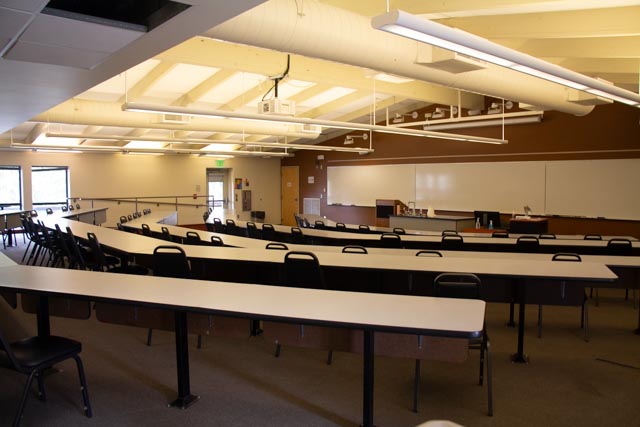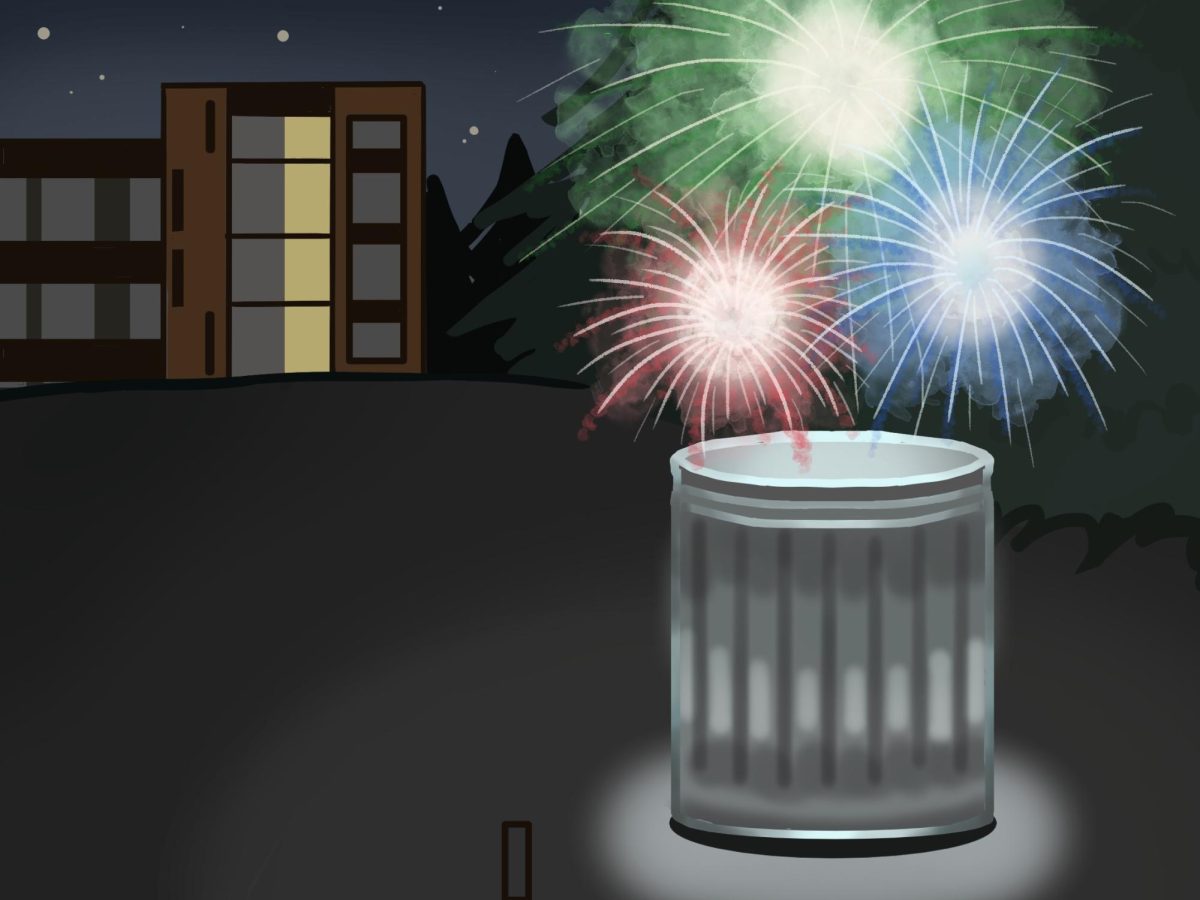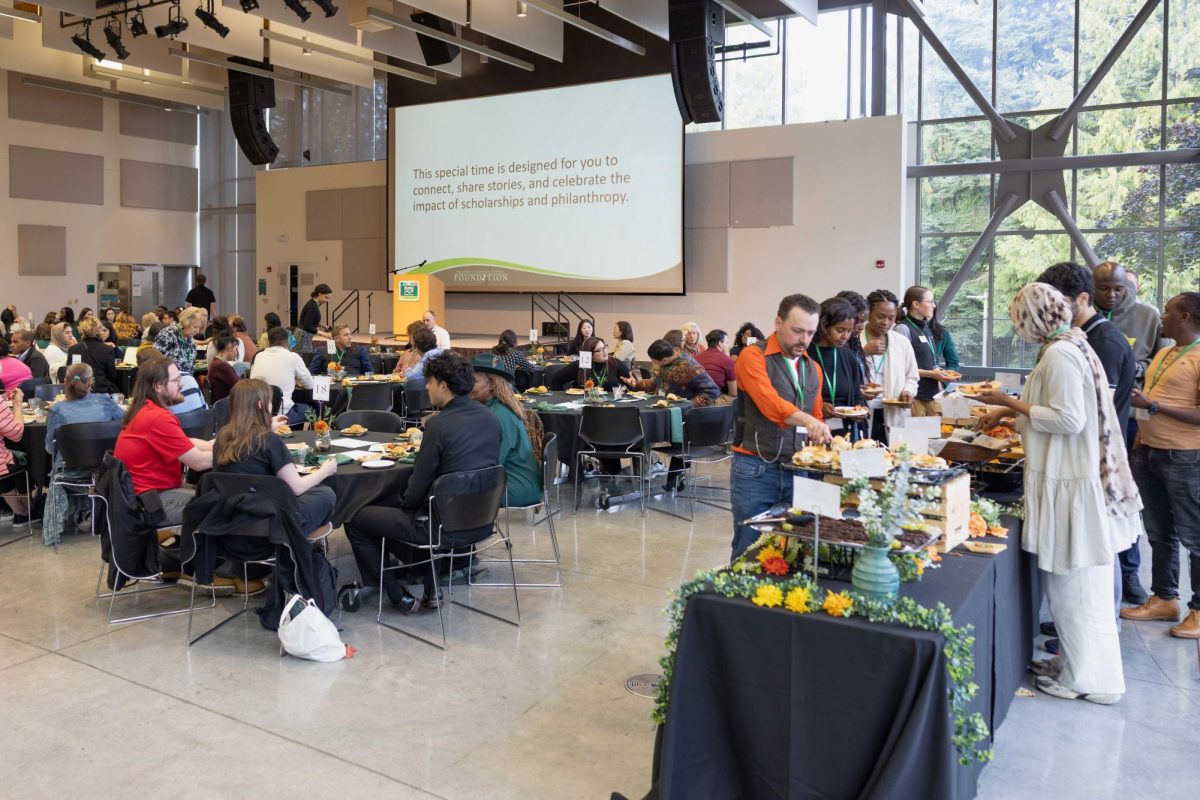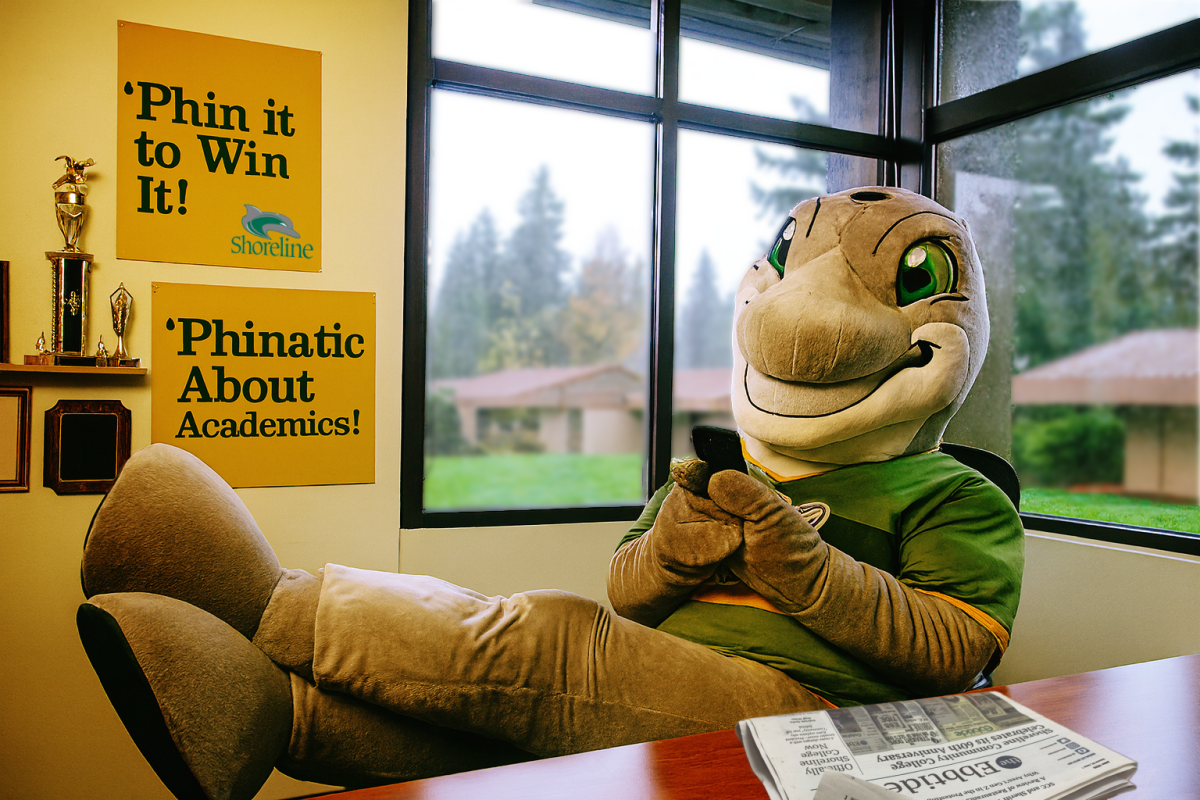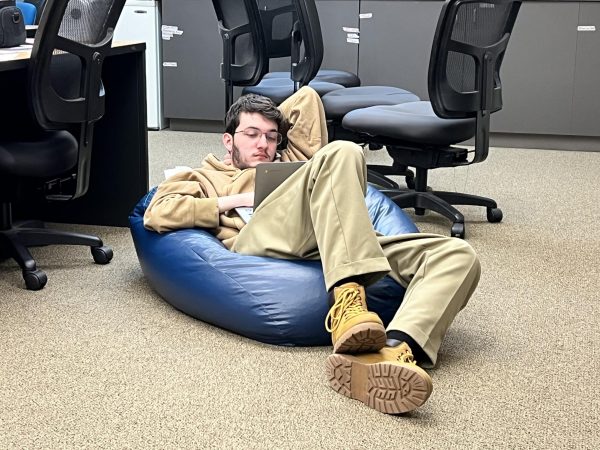For many students winter break offers a chance to spend time with family and friends and rejuvenate, a time to take a break from deadlines and schoolwork. For the students in an SCC Engineering Physics course last fall that was not the case. Many of the over 20 students spent winter break retaking exams and doing coursework after their instructor missed a significant portion of classes and disappeared during the last two weeks of fall quarter.
Looking back, this situation likely could have been prevented at multiple junctures. According to student Cameron Mann the “first two weeks, one and a half, were normal.” The eccentric physics teacher appeared in faux military attire and was seen by many as an affable and intelligent person. “In class he is a solid teacher,” said Mann.
The instructor contracted COVID-19 at the beginning of fall quarter and then told the class that he had a series of personal hardships. Over the course of these events he stopped communicating with the students. When he didn’t show the last couple of weeks, with a final exam looming, the students reached out to school administration.
Students were offered a withdrawal with a full refund or the option to extend their coursework into the break to complete the class. Mann decided to work into the break because he didn’t want to waste an entire quarter repeating physics.
The Ebbtide reached out to the instructor via email twice in the weeks prior to publication, but the instructor did not respond by our publishing deadline. The Ebbtide chose not to name the instructor because his reputation has significantly diminished on a professorial rating website and SCC administration is involved in the matter.
Another student, Tim Lin, faulted the instructor for not answering questions on the subject material. Both felt that the situation shouldn’t have progressed to the point where the instructor failed to show up.
“The biggest mistake [the physics teacher] made was not contacting the school,” Mann stated.
SCC administrators lament the fact they didn’t know about this earlier. VP of Instruction, Lucas Rucks, said students can file an academic grievance if they feel unfairly treated by the professor. Or students could simply bring the issue to the attention of a dean or other faculty for action.
“I think there is a time and place for escalating things: instructor to dean to vice president,” Rucks said. “We truly are here for you. If something is wrong, tell us so we can try to fix it.”
While the teacher recovered from COVID-19, no new content was posted, Mann and Lin said. This was the first instance in a long string of absences, which students took in stride, redistributing the time they would have spent on physics into their other classes. The teacher retroactively posted the material and had a habit of sending online videos of other lectures in lieu of in-person instruction.
“When he does post material to read, I would have questions for him and send him an email, and I would try [to contact him via] Canvas message, but about one-10th of the time he would reply,” Lin said. Mann recounts that the teacher “missed about 60% of the lectures, closer to 50% for labs.”
After recovering from COVID, the teacher told the class that he was experiencing a multitude of personal issues, including a parent suffering dementia, a car collision, and an unrelated head injury that required a hospital visit. Lin said the teacher, “never graded anything during the quarter… everything was graded with auto-grade.”
None of the students were sure what to do. Members of the class fell into two camps. One with a take-it-as-it-comes approach to their learning, the other would continue to reach out to the professor for assistance and guidance even as instruction continued to falter.
With three weeks until the end of the quarter and piling course work, students began to realize that the outcome of the class and their grades may be in jeopardy. Two weeks before finals, the instructor disappeared, leaving students to wonder when their final exam would even take place.
In the final week, students congregated and reached out to the dean of STEM courses, Delila Paredes. “I encouraged my classmates to send a message… in the same week maybe five to 10 people [messaged],” Lin said. Response was quick as the quarter came to a close. Another physics teacher stepped in and helped students navigate a path forward through online classes.
During winter break, students “had to retake all the exams taken… cause [they were] not entered into Canvas,” Lin said.
Mann and Lin said the replacement teacher handled the transition to online classes well and was available any time students reached out. Students were able to complete the class with fair grades, even though it extended into what was seen as an unfair time schedule.


